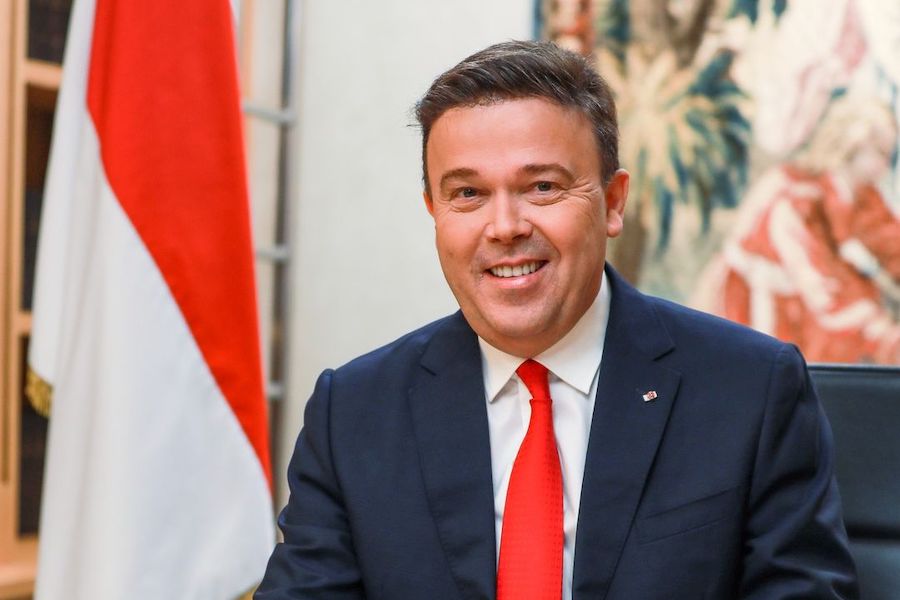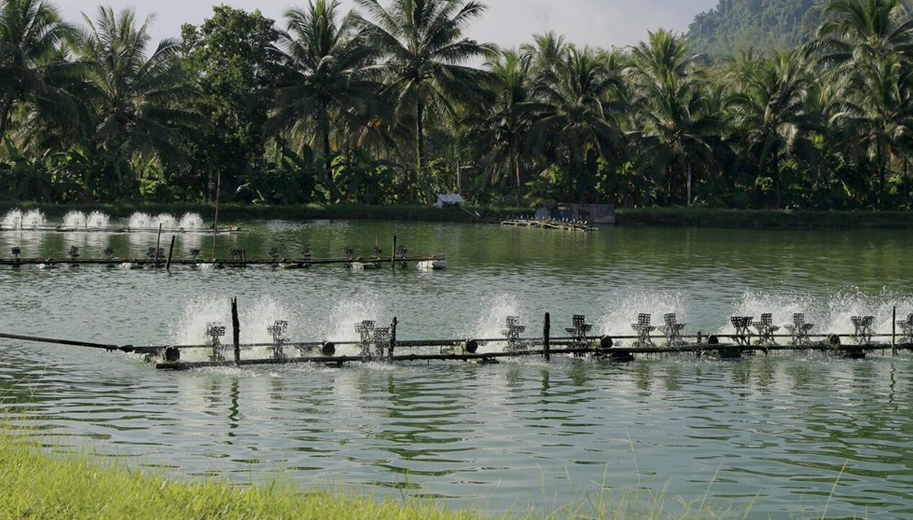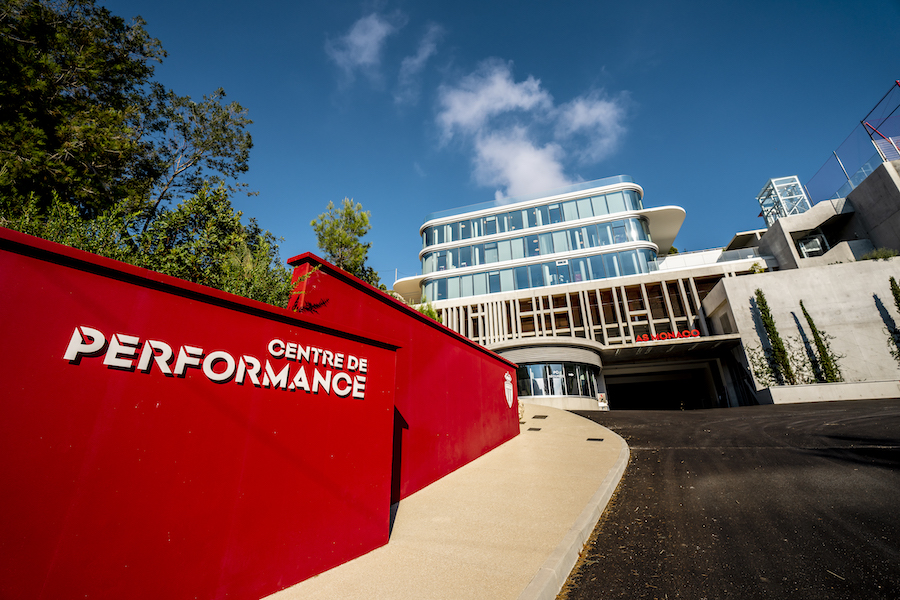France’s starting line-up on Thursday featured two former and two current Monegasques. They are just four of 71, who having played for AS Monaco, have gone on to represent the national team.
Youssouf Fofana and Benoît Badiashile, the latest Monaco players to don the iconic Diagonale of Monaco and the French national team jersey, are in good company. They follow in the footsteps of World Cup winners such as Thierry Henry, Lillian Thuram and Kylian Mbappé.
Mbappé and former Monégasuqe Aurélien Tchouaméni, who only left the club this summer have become fixed figures in Didier Deschamps’ side, and bar injury, look certain to be on the plane to Qatar in November. Fofana and Badiashile will be hoping to join them, and their debuts against Austria won’t do their chances any harm.
AS Monaco have now produced 71 players for the French national team. Only Marseille have produced more. A key part of this role as a ‘feeder club’ is the club’s unwavering devotion to youth development.
As Monaco sporting director Paul Mitchell told Monaco Life, “We openly discuss the importance of player development and young player development and a high percentage of that is French talent. Every day those discussions take place between myself and the shareholder, myself and the coach, the coach and technical team, the coach, myself and the director of performance (James Bunce).”
He continued, “The key has been a real internal alignment between all the key stakeholders that have contact with the talent. I think it is that focus, that under stress, we do not derail or default on the commitment of developing players. I think that is the key fundamental of allowing players to flourish and develop in competitive and performance-driven environments.”
The club’s commitment to promoting youth, which manifests itself most concretely in the amount of game-time they afford academy and youth products, is certainly nothing novel. However, what is new is the infrastructure that they have now built to support it.
The club’s modern performance centre in La Turbie, a project instigated by owner Dmitry Rybolovlev when he took over at the club just over a decade ago, is a facility that allows for the maximisation of resources. That not only includes getting the best out of players but also out of coaches and the rest of the performance and technical staff, who have all of the most coveted tools at their disposal.
Complementing that is the new academy building, ‘La Diagonale,’ which AS Monaco CEO Jean-Emmanuel de Witt told Monaco Life “works hand-in-hand” with the new performance centre. In a holistic approach towards facilitating youth progression and integration into the first team, the club also pulled their reserve side out of the National 2 and converted into an ‘Elite Group,’ which creates more flexibility in the youth sides’ schedule.
“I think we’ve already seen the shoots and seeds of some positivity around the change of the elite development group. Even today, because we’re not fixed into certain programmes, we can manipulate and mould our working week that has maximum contact and influence towards developing these guys for the first team,” said Mitchell.
He continued, “Today there were seven or eight who were again training with the first-team, in the first-team environment, with the first-team coach, developing those relationships. That’s what ultimately leads to the first-team coach bringing them into the team, giving them the trust and support because of that level of contact. We’re frequently looking at ways to heighten that, day-in, day-out. I think that’s been a massive element of the change. Having the elite development group and already we can see rewards with players like [Soungoutou] Magassa coming from there, like the players training today that haven’t gone away with their national teams.”
The club’s strategy is already paying dividends with Monaco’s academy players well represented in France’s youth sides. Jordan Varela, Magassa and Yann Liénard have all received call-ups to the France U20 squad. Magassa has been involved with the first-team squad directly this season and made an impressive debut off the bench against Rennes. Liénard, meanwhile, now trains with the first team, alongside fellow goalkeepers Alexander Nübel and Thomas Didillon.
The hope will be that they follow in the footsteps of the 71 AS Monaco players that have already represented the French national team. “Everyone has been working tirelessly over the last couple of years to realign and re-engage a historic strategy. Monaco has always been an organisation that has developed players for the French national team,” said Mitchell.
“I feel that with the hard work, the processes that have been put in place, and the conscious, daily focus to work with and develop young athletes, we’re seeing again the end product of all of that hard work. So extremely proud for the individuals themselves, and we’re working tirelessly behind the scenes to produce many, many more,” he continued.
Whilst AS Monaco have been and continue to be an irreplaceable provider of elite-level talent to the French national side, the club is also geared towards extending their “historic” partnership. Youth development is engraved in AS Monaco’s DNA, and the benefits of that are felt beyond the borders of the Principality.
Photo by AS Monaco


